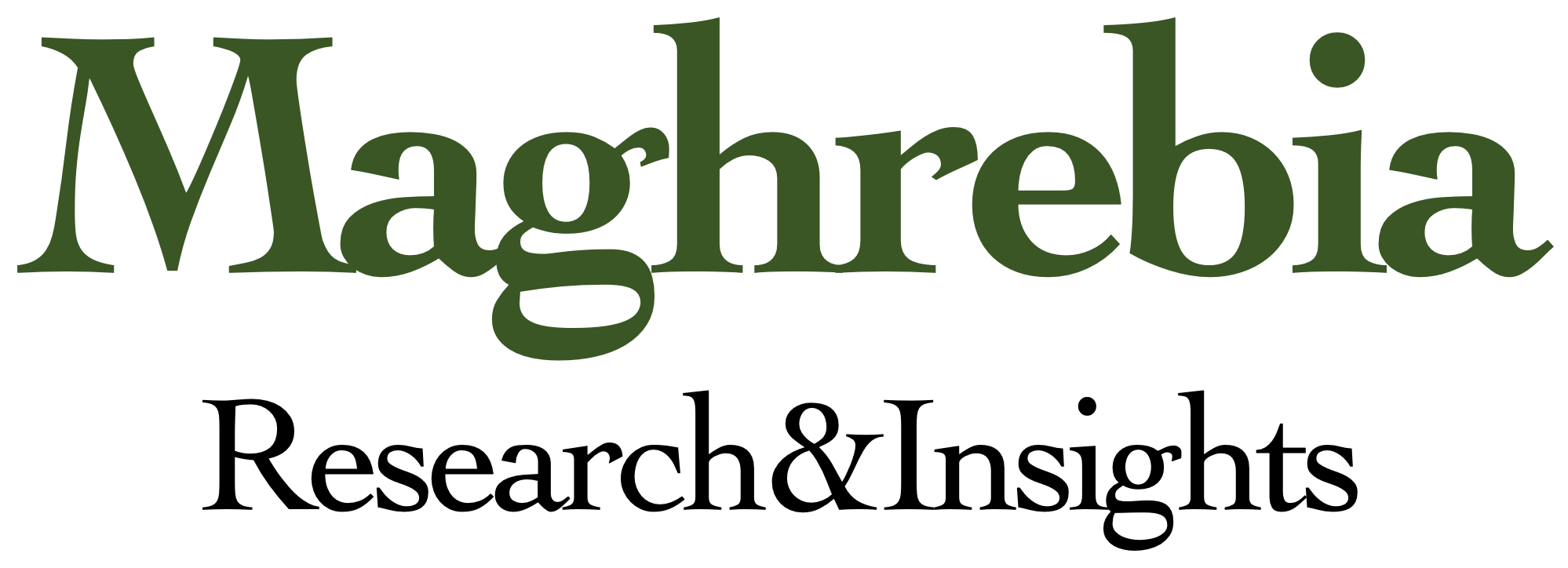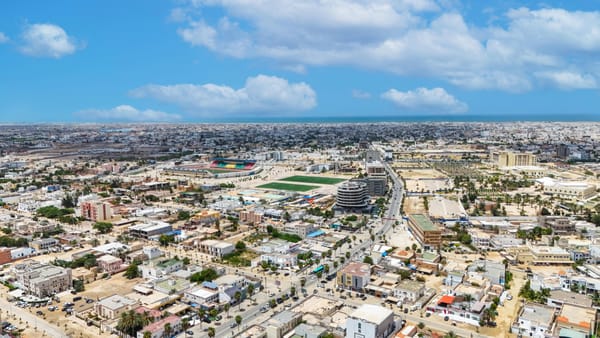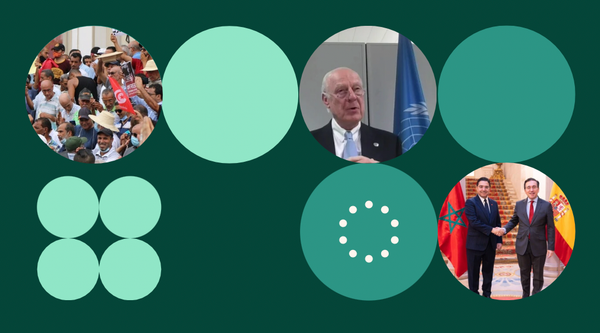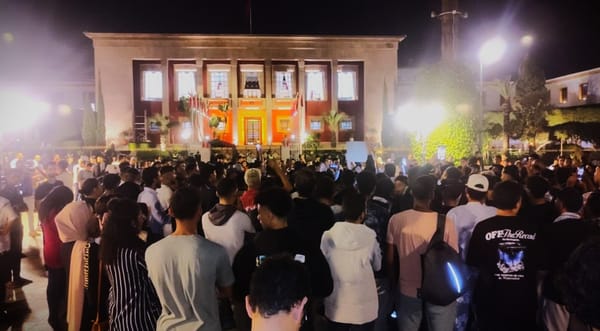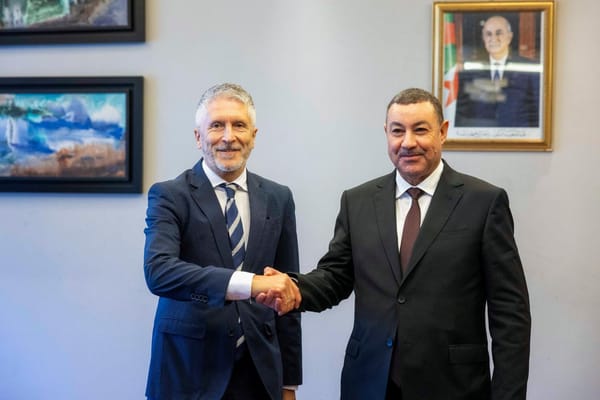#6months of Mauritania
NEWSLETTER. Strengthening the international profile; cooperation on migration and energy issues.
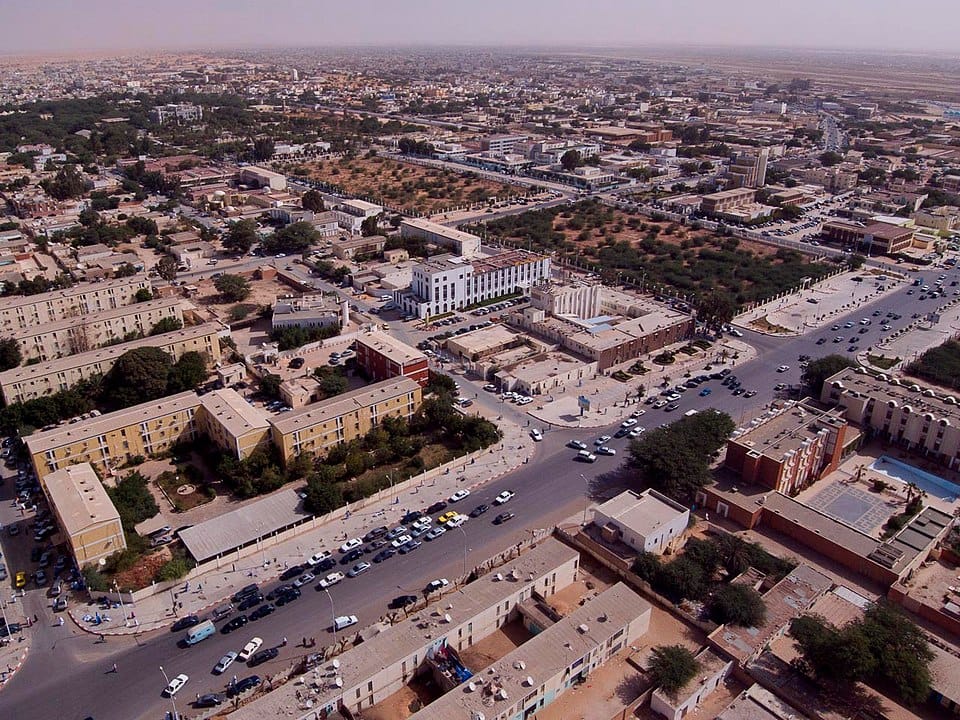
What happened.
In the first half of the year, Mauritania has increased its international visibility, thanks in particular to its assumption of several roles in supranational organizations. Until mid-February, President Mohamed Ahmed Ould Ghazouani served as the rotating chairperson of the African Union. Recently, Mauritanian Sidi Ould Tah was appointed president of the African Development Bank (AfDB). This appointment follows his long experience as Mauritania's Minister of Economy and president of the Arab Bank for Economic Development in Africa (BADEA).
The country has strengthened its cooperation with its main international partners. The European Union (EU) has become the company's primary trading partner, with Spain being a notable example (the trade volume between both countries exceeds €600 million). Spain is also an important partner in migration matters. In February, the president of the Canary Islands region, Fernando Clavijo, was received by President Ghazouani and members of the Mauritanian government to discuss cooperation on vocational training (the 'Tierra Firme' project) and circular migration following Pedro Sánchez's visit last year. In December, the EU Commissioner for International Partnerships, Jozef Síkela, visited Nouakchott, where he committed €100 million to support the country's development of green hydrogen and the management of migration.
Cooperation has also increased with its immediate neighbors. This is particularly true of Senegal, with which it shares the 'Grand Tortue Ahmeyim' LNG gas field—whose exploitation has been entrusted to the British company BP and the American company Kosmos—which was officially launched at the beginning of the year and visited by the presidents of both countries in May. Despite the good economic relationship, in March Nouakchott faced a major migration crisis involving immigrants from Senegal (and Mali) amid accusations from both states of mistreatment and mass deportations of citizens by the Mauritanian authorities.
The meeting between Mohammed VI and Ghazouani in December led to the strengthening of ties with Morocco. Various agreements have been signed to increase cooperation in the areas of energy (with an electricity interconnection project) and fisheries (reciprocity protocol), and there have been several visits in the field of military and economic cooperation (for the creation of the Nouakchott Stock Exchange). Furthermore, both countries have maintained a collaborative border security action to address the issue of drug trafficking. Mauritanian border effective action also resulted in the arrest of several Polisario Front members attempting to enter the country.
Cordial relations are also maintained with Algeria. In April, the two governments met to strengthen cooperation in defense, following President Abdelmajid Tebboune's visit in December. He was the first Algerian president to visit in 37 years. Both countries signed a declaration condemning the Israeli bombings of Iran, joining 19 other Arab states in calling for de-escalation and the establishment of a Middle East free of weapons of mass destruction.
In the global context, Mauritania might be included in the list of countries banned from traveling to the US, issued by president Trump. This list already includes Libya, for example. Also, the country received $82.5 million from the World Bank for its DREAM project, which aims to enhance energy and mining infrastructure.
In domestic politics, President Ghazouani launched a national dialogue process at the end of the year, which has been met with skepticism by the opposition due to the failure of previous attempts. In May, former President Mohamed Ould Abdel Aziz was sentenced to 15 years in prison for his involvement in a corruption case. Finally, the country is facing a crisis linked to declining fish catches, which threatens the local economy in coastal regions.
What's next.
For several months, Mauritania has enjoyed significant international exposure linked to its rotating presidency of the AU, which President Ghazouani has used to position the country as a promoter of dialogue and a bridge between the Maghreb and sub-Saharan Africa. Despite criticism of the failure of mediation attempts in the Libyan conflict (where he traveled accompanied by the president of the Republic of Congo, although he was not received by the authorities in the east), his tenure at the helm of the supranational organization has been described as a success, both for hosting the continental summit on education that produced the Nouakchott Declaration and for the tangible progress made in other peace processes (Sudan, DRC), in terms of institutional reform and budgetary savings, energy transition, and for gaining a greater diplomatic presence for Africa on the international stage. Proof of this is that his main neighbors (Algeria and Morocco) have supported the leader and highlighted his stabilizing and constructive role.
Certainly, this enormous visibility will tend to decline in the coming six months, although the new presidency of the African Development Bank by a Mauritanian gives the country a key position in the field of development aid in a context of declining aid from USAID. Not surprisingly, Ghazouani will meet with Trump in Washington in the coming days, along with other African leaders, to discuss the issue of cooperation, just days after the US threatened to include Mauritania on the travel ban list.
As for its regional position, Nouakchott is likely to maintain its well-considered equidistance towards its neighbors Morocco and Algeria, in order to avoid any animosity or controversy with either of them. Certainly, during the past six months, there has been an acceleration of cooperation through the signing of several agreements with Rabat, which aims to involve Mauritania in its Atlantic Initiative as a key player in providing access to the ocean for the countries of the Sahel. However, the Mauritanian government is avoiding taking too decisive a position on the issue, and for the moment none of the agreements signed with Morocco refer to the infrastructure needed to facilitate such transit.
At the same time, the country is seeking to increase its strategic autonomy through projects such as the 'Grand Tortue Ahmeyin' gas field. The project's potential and 5-7 year forecasts are expected to turn the Mauritania-Senegal duo into a world-class LNG exporter, third only to the continental giants Algeria and Nigeria.
Domestically, it will be important to see what comes of the national dialogue process launched by President Ghazouani at the end of last year. While most opposition parties have expressed their willingness to participate, others belonging to the anti-system coalition have rejected it from the outset and are calling for a boycott, arguing that the necessary conditions for sincere dialogue do not exist and describing the proposal as a "farce". The Mauritanian government will need to dedicate more effort to engaging a wide range of civil society sectors if it wants to achieve the consensus and stability necessary for the country to focus on its economic development.
